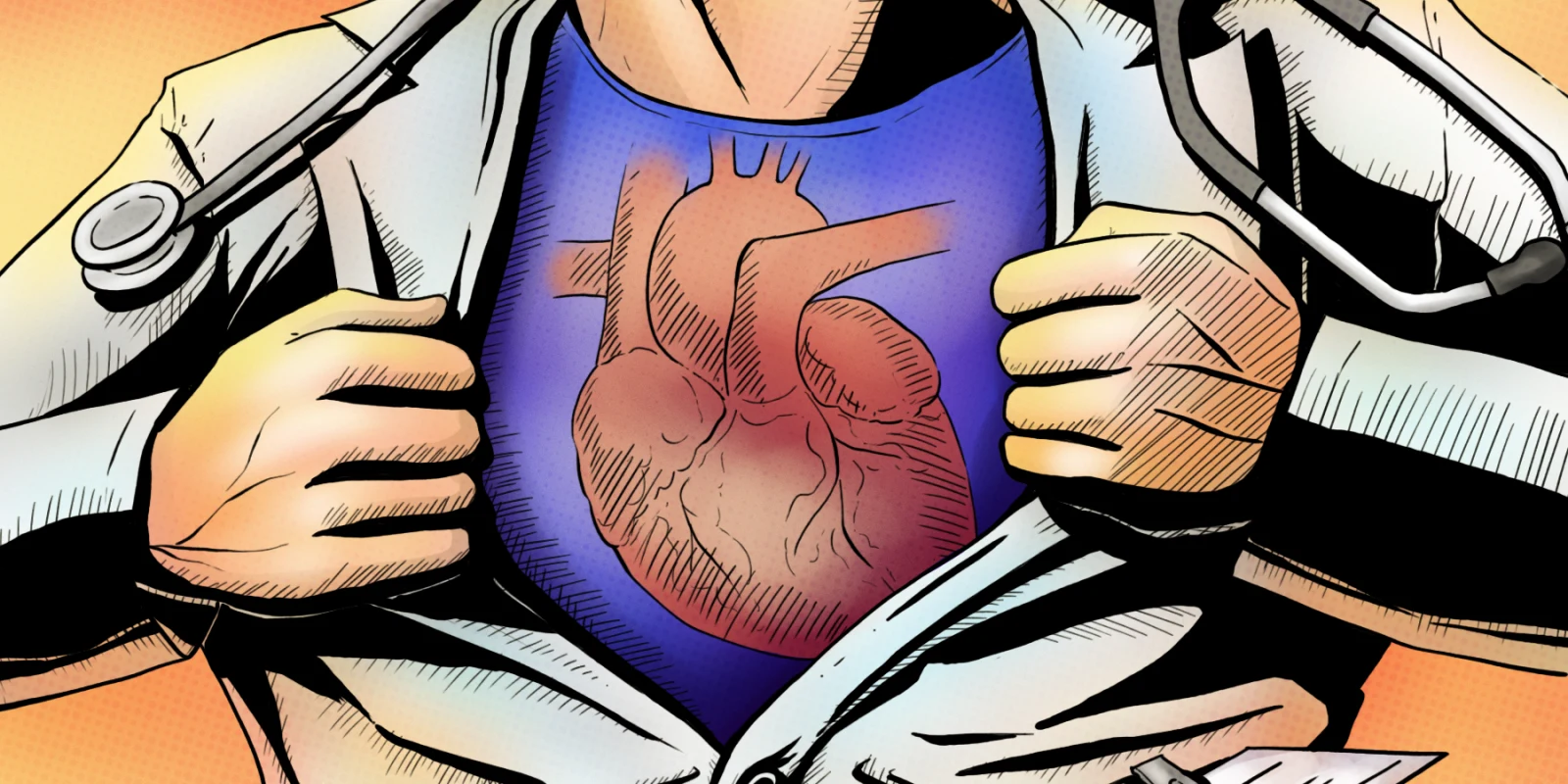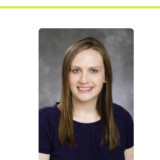A few months ago on a whim during a trip out of state, I bought tickets to see “Doctor Strange in the Multiverse of Madness” at the theater. I’d seen a few other movies in the Marvel movie series over the years, but I was absolutely enthralled by this one. As a result, I decided to start watching every movie from the Marvel Cinematic Universe from the beginning. The themes running through the movies and characters that develop as time passes are indeed riveting. While I have been enjoying the journey through these movies, I could not help but think about the term “health care heroes.”
During the COVID-19 pandemic, this term has been bandied about to describe the work of health care practitioners and the support staff who had to walk into uncertain situations and risk their lives to take care of others. For example, on screen, Captain America arrives to the scene knowing his life could be in danger, but he works to save the world anyway. Holding heroic actions like this in comparison with clinicians’ work has been noted to be somewhat problematic. Heroes, by definition, are idealized for their courage, but don’t expect anything in return for their brave actions. Real humans — without superpowers or fancy gadgets — were asked during the pandemic to sacrifice perhaps beyond what should be expected. Still, despite this troublesome comparison, watching the Avengers and their ilk fight “bad guys” in these movies highlighted to me some true similarities between the work of superheroes and clinicians.
No matter how many problems are solved, there will always be problems to solve. When an evil character is defeated in one movie and seemingly vanquished forever, it may not always be the case that they have been permanently thwarted. The same is true of diseases patients struggle with that can return or flare up, as well for system issues, safety issues, or even just a continuous influx of people who need help. The work does not stop. After an epic battle, we sit and wipe our brows and catch our breath. We regroup, we practice, we readdress, change the system, and train more so that we are ready for the next fight. There is always a next fight.
We all have an origin story. Most of us choose the health care field because we want to help people. In doing so, we also get to be a part of something bigger than ourselves. Like superheroes, our stories begin because of something that happened in our past. Not something like getting bit by a radioactive spider or injected with “supersoldier serum,” but perhaps surviving an illness or watching the compassion of someone caring for a loved one. In our past is often an event or turning point where we decided that taking care of the health of others was the thing we were meant to do with our lives.
We are smarter and stronger than we think. Spider-Man, with his web slingers out of reach and his fancy suit unavailable, finds the strength to lift concrete off his back and get to the next fight. Ant-Man shrinks to a dangerous subatomic particle size to defeat his enemy, but determines a method to pull himself back from the tiny universe, saving himself as well. Medicine demands from us strength, undoubtedly, with long hours and emotionally challenging situations. At the same time, ingenuity is sometimes called for, to solve a complex problem and keep our patients safe. Medical inventions perfected over the years have made surgeries safer and easier to recover from, like laparoscopy, for example. Development of new medications have led to treatments for diseases once lethal or to improved qualities of life when cures are not possible. The many ways that Marvel heroes find to rise up in times of challenge are mirrored in the creativity and power that is needed to advance medicine continuously. The ability to find powers we did not know we possessed can also be cultivated through years of experience.
People can be surprising in both good ways and bad ways. The Marvel movies are rife with characters who might have been good, but instead make evil choices. Similarly, some thought to be evil turn out to be good in the end, or they make choices not in line with their “bad guy” personas. I think this is true of patients, too. Sometimes we become involved in a patient’s care with an assumption about who they are or what problems they will have based on their past medical history, their allergy list, records of previous phone call encounters, or even our own past experiences with patients that seem similar. We like to know what to expect, of course, as all humans do. Unfortunately, stereotypes and patterns can sometimes lead us to make predictions that could negatively affect patient care. It might be helpful to view patients to be just as complex as Thor’s brother Loki or Captain America’s friend Bucky Barnes. Layers of the past certainly influence who a person is at any given moment, and bringing an open mind to taking care of our patients is likely to serve them well.
This point is also something that can be said about those of us who work in health care. I’ve been caught off guard throughout my medical career both by unexpected negative interactions and the kindness of other physicians or health care practitioners. I try to remember — especially when I am being asked for help — that a patient somewhere needs good care. I also clearly recall the way it feels when someone is kind to me as I ask for their assistance. As another overarching theme in many hero movies, goodness wins.
We can’t do it alone. While the Avengers fight extraterrestrials in New York City or the Guardians of the Galaxy defend pockets of outer space, help continues to arrive at the exact right moments. Even for the heroes who are seemingly alone during their fight, their technology kicks in to help or their support team cues them on the next right step. In health care, we absolutely cannot do it alone. From the beginning of our training where we bond over mutual curiosities in the classroom, to the trenches where there is sometimes literal blood flying through the air, none of us succeed with what we do by ourselves. We need nurses, physicians, NPs, anesthetists, phlebotomists, health unit coordinators, housekeepers, maintenance staff, and so many others to make things good things happen. Iron Man might have won the fight but he could not have done it without Yinsen, JARVIS, Pepper, or Happy. Sometimes, the physician is epitomized as the hero and lifesaver in a specific health care crisis, but the deep importance of all the other members of the health care team cannot be overlooked.
Additionally, I often discuss with my patients when unexpected bad things happen in the “swiss cheese” model of error, where all the holes line up just so, all of the preexisting barriers failing to prevent what we were trying to prevent. Multiple lines of defense and weapons Marvel heroes use to protect each other or a city usually fall before a defeat occurs. I like to think of both our systems in health care as well as the people who run those systems as our defense against “bad things.”
While, as noted above, the comparison between health care workers and heroes is not a perfect one, perhaps the best definition lies in something Thor says: “I choose to run toward my problems and not away from them. Because that’s what true heroes do.” It is not always perfect, but for the good of world, we help where help is needed. By that definition, it’s certainly not only those of us who provide health care who could be considered “heroes.” Exceptionalism is more like the ordinary in medicine. The opportunity we have, then, to be a part of the lives of others in this way is quite super, indeed.
What superhero do you think you are most like in your practice? Share your alter ego in the comments.
Jill Moes is an obstetrician/gynecologist working in St. Paul, MN. She loves fireworks, weddings, books, thinking about life, and trying to keep up with her three busy boys. Dr. Moes is a 2021–2022 Doximity Op-Med Fellow.
Illustration by Wendy Gu







